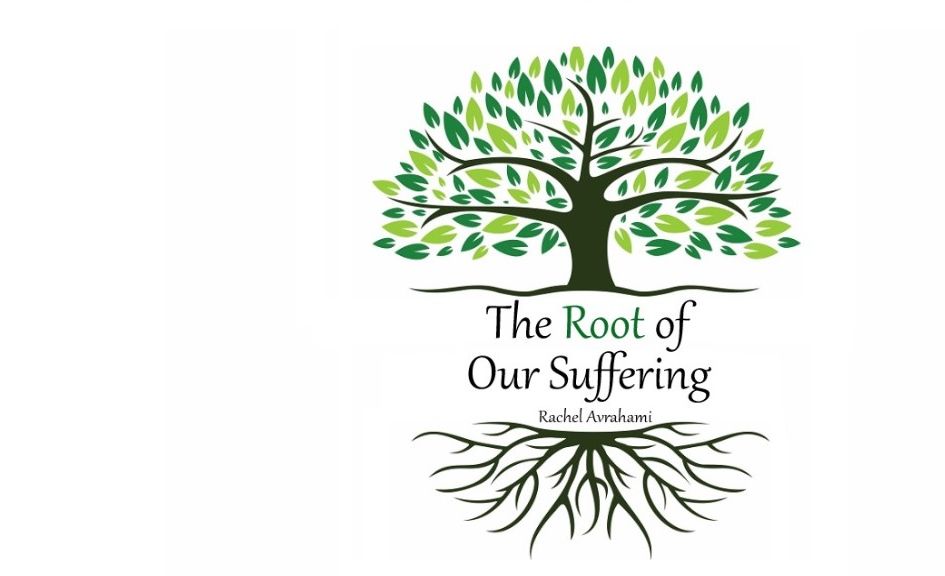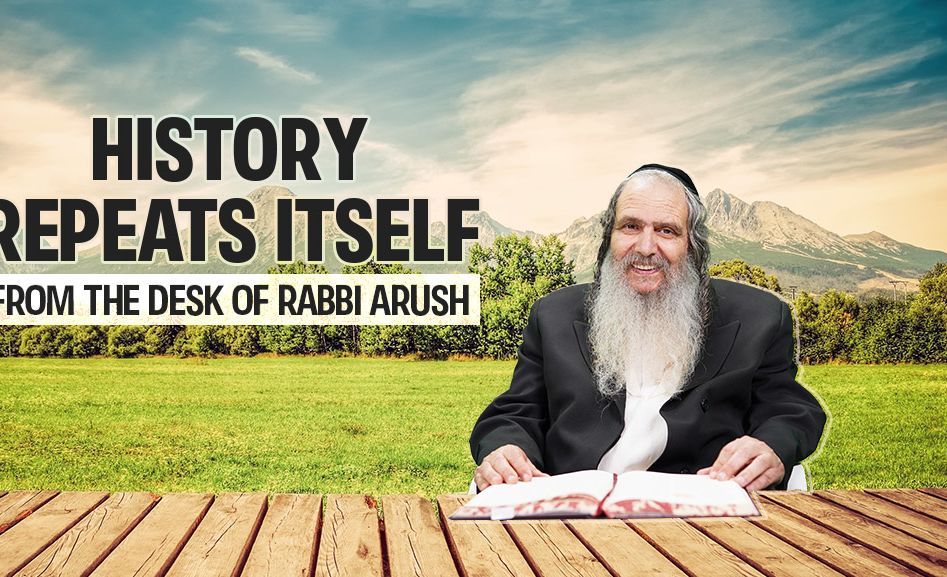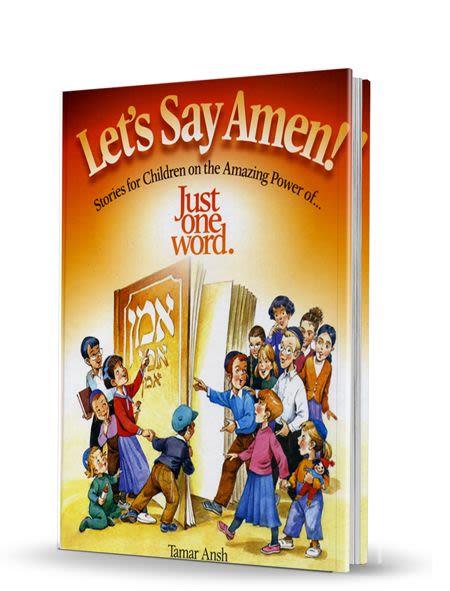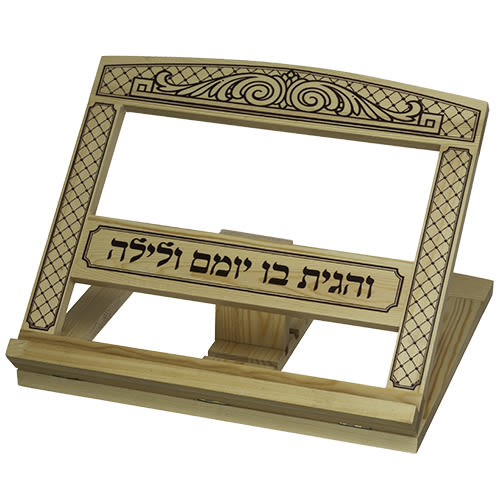
The Fur Coat
A rich man and a poor man both donned expensive fur coats. The rich man was admired, but the poor man was laughed at. Why?

The notorious “Three Weeks” begin this week and things look tough. The Northern border is as tense as a bowstring, with the Russian Air Force, Syrian army, Hezbollah, and Iran’s Republican Guards all within a stone’s throw of us. This all behooves us to do our very best to invoke Divine compassion, through enhanced Torah, prayer, personal holiness, unity, and of course, emuna. We all have a solemn duty to pray for our dedicated soldiers who are risking their lives around the clock for the welfare and safety of our nation. May Hashem protect them and give them strength and courage, amen!
Mashiach is not yet here, despite the fact that we all yearn for his arrival. We still don’t have our Holy Temple or the ritual sacrifices that atone for us, collectively and individually. We also lack our true healers, the Kohanim, who could look at a person’s physical affliction and tell him the spiritual root cause and the needed teshuva, thus curing both body and soul. So as long as we lack these priceless entities, our sages tell us that we must take responsibility for the Three Weeks and search our souls for the reason that the Diaspora and exile are perpetuated, for any generation that doesn’t merit the rebuilding of the Holy Temple is responsible for its destruction.
What have we not succeeded in correcting? How are we similar to the generation in which the Holy Temple was destroyed?
The Gemara asks why Jerusalem was destroyed, why our people were exiled and why we lost our hold on the Holy Land that was promised to our forefathers (see Bava Metzia 85b). The Gemara says that first the people asked those questions to the prophets, but they didn’t have an answer. Hashem finally answered and said, “Because they have forsaken My Torah.” Rav elaborates on Hashem’s answer and says, “Because they don’t make a proper blessing before learning Torah.”
We can certainly understand Hashem’s answer. The Land of Israel and the Holy Temple were given to the  Jewish People for the sole purpose of doing Hashem’s will. So, as Hashem says, if the people have forsaken Torah, they forfeit their right to the Land of Israel and the Holy Temple.
Jewish People for the sole purpose of doing Hashem’s will. So, as Hashem says, if the people have forsaken Torah, they forfeit their right to the Land of Israel and the Holy Temple.
Rav’s elaboration on Hashem’s answer is seemingly more than strange. Naturally, we all understand the importance of making a blessing on the Torah in the morning; in fact, we make three blessings on the Torah every day, first thing in the morning. But suppose the blessing wasn’t said perfectly, with devotion and intent. Is that a reason to be punished so severely by losing the Land of Israel and the Holy Temple?
The “Aruch LaNer” questions the above-mentioned Gemara and asks how the prophets could possibly not know the reason why our people lost the Land, the Temple, and their spiritual freedom. Before the exile, the prophets would readily chastise the people for their guilt in committing the three heinous transgressions of idolatry, bloodshed, and forbidden sex. The prophets warned them countless times that they were risking their hold on the Land and on the Temple. The “Aruch LaNer” explains in the name of Rabbenu Nissim (the “Ran”) that the reason the prophets were baffled because the people were engaged in Torah learning. The study halls were filled. Yet, Hashem came along and said, notwithstanding, “They have forsaken My Torah”. Hashem sees the heart. Sure, people were learning, but their hearts were not in their learning. They valued Torah much less than they valued money, prestige, and material amenities. The proof was, as Rav so astutely elaborated, that they didn’t make a proper blessing on the Torah before learning. The Torah was not important to them.
The “Aruch LaNer” therefore clearly explains why the prophets didn’t know the answer, why Hashem answered what He did and why Rav remarked that they make a proper blessing on Torah before learning.
In making a closer examination of the generation that suffered the destruction of the Holy Temple, we find that they were exacting in details. A Kohen wouldn’t stomach the tiniest breach in ritual purity. Yet, he could stab another Kohen who got in his way. Everyone observed the Shabbat and kept kosher. They all dressed like Haredim, men and women alike. They were frum (religious) on the outside, but their hearts were elsewhere. The Kollels were packed, but people’s actions outside the hall of study didn’t reflect what they learned inside the hall of study.
A parable that I heard from The Melitzer Rebbe shlit’a will facilitate our understanding of that generation’s blemish, which is the very blemish our generation is called upon to correct:
A rich and dignified nobleman needed a coat. He went to a furrier and ordered the finest mink overcoat that money could buy. Whenever he walked in the street, people would run alongside of him, trying to get a glance of the nobleman and his lovely coat. If everyone respected the nobleman before he bought the coat, once he wore the coat, he garnished double respect and prestige.
The township’s local fool saw the respect and prestige that the nobleman was receiving, so he decided that he’d do everything in his power to purchase a fur coat as well. With a stroke of good fortune, the town fool came into a windfall; he made a beeline to the furrier and ordered the same coat that the rich man had. Yet, once he donned it, the entire town made fun of him. The fool, insulted, asked the local wise man why everyone gives deference to the rich man, yet ridicules him.
The wise man explained, “The nobleman is dressed honorably from head to foot; even his undergarments are made from silk. He is respectable even without a fancy fur coat. But, with the coat, he is even more dignified. But you, my humble friend, are dressed in rags. Your deportment is that of a beggar. The outer garment of a fur coat only makes you look more ridiculous. You’re better off without the fur coat!”
In the above parable, the nobleman represents the righteous and sincere Jew who loves and lives by the Torah. His inner dimension is the same high quality as his outer dimension. As such, the “fur coat” – symbolic of the Holy Temple and the Land of Israel – is becoming to him. Yet, for someone whose inner dimensions are coarse and crass – like “rags” – the Holy Temple and the Land of Israel only emphasize his shortcomings even more. Outside of the Holy Land, spiritual poverty is not as accented as it is in the King’s Palace.
Our nation is being tested now. Do we have emuna? Are we truly dedicated to Hashem and His Torah, or are our hearts in WhatsApp and World-Cup soccer? Do we love our service of Hashem and our privilege of living in the King’s palace of Eretz Yisroel? By returning to Hashem, we will not only bring a swift and complete military victory, but also will merit the coming of Mashiach, the in-gathering of the exiles and the rebuilding of our Holy Temple, speedily and in our days, amen.











7/15/2014
Absolutely right and loving all Jews, frum or not, is a key part of that I struggle with lashon hara along with the best of us but I think a key to bringing Mashiach must be getting all the different Haredi sects to tolerate each other and to understand those who are not Haredi and even not frum. If you reject secular Jews they will reject you and all of Judaism along with it. We need to accept them as they are before we can expect to bring them back.
7/15/2014
I struggle with lashon hara along with the best of us but I think a key to bringing Mashiach must be getting all the different Haredi sects to tolerate each other and to understand those who are not Haredi and even not frum. If you reject secular Jews they will reject you and all of Judaism along with it. We need to accept them as they are before we can expect to bring them back.